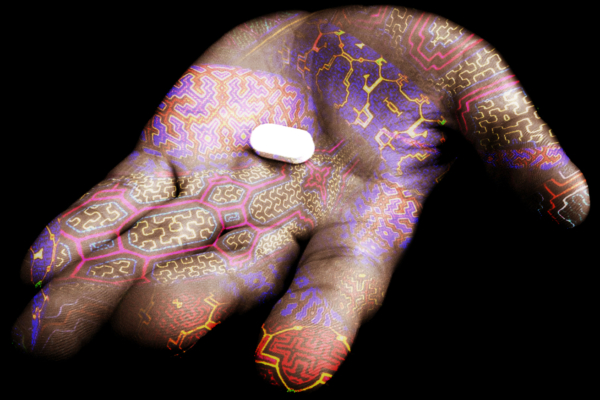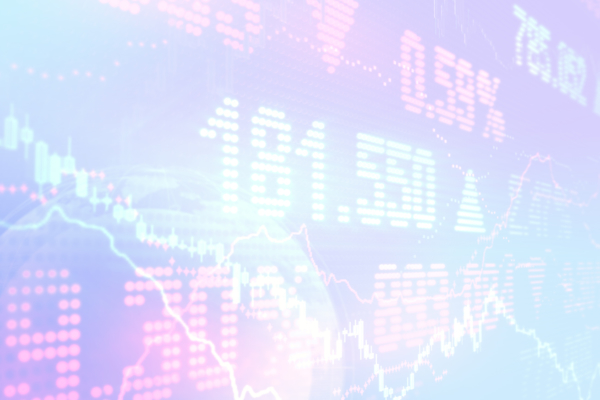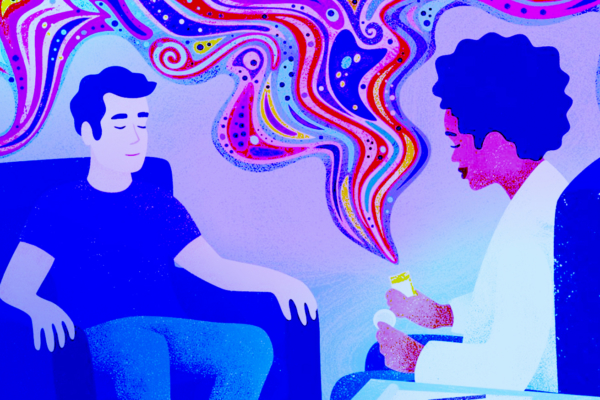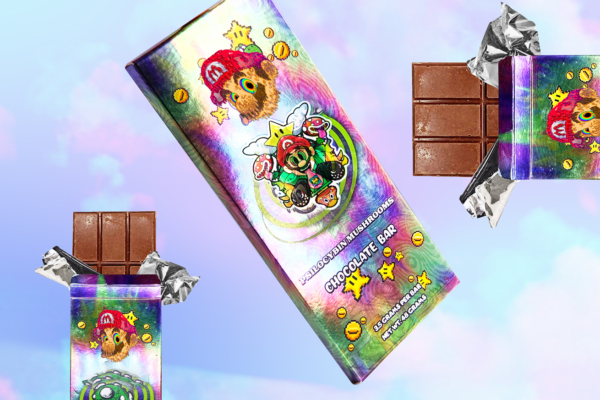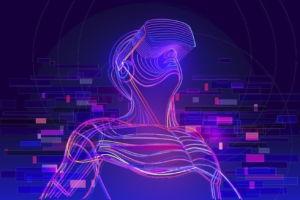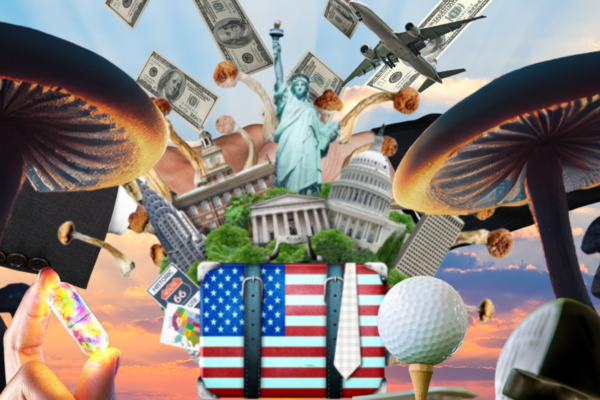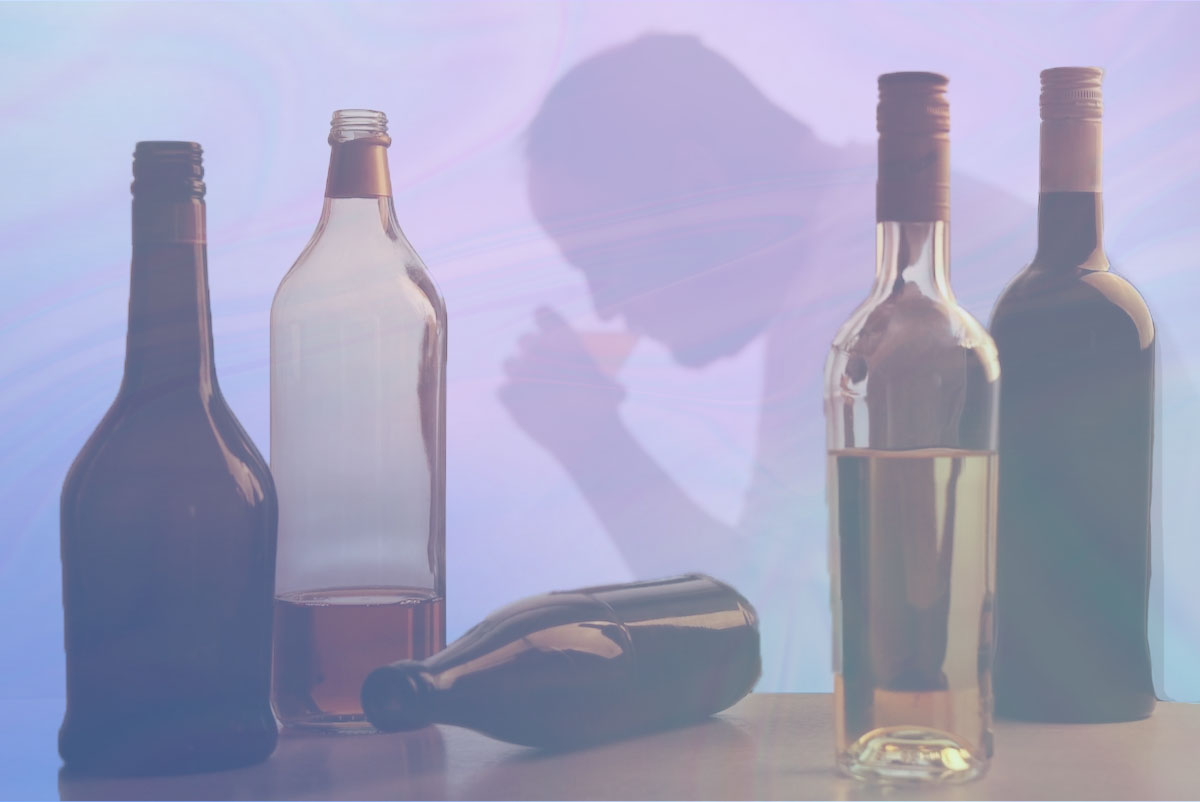
Warmer weather isn’t officially connected with drinking to excess, but with summertime and holidays, like upcoming 4th of July, being linked to inebriated revelries across the United States, it might as well be.
It’s easy to dismiss these merriments as good, light-hearted fun, but, alas, the statistics tell a different, and much grimmer story. In 2019, the National Institute on Alcohol Abuse and Alcoholism conducted an extensive survey on the drinking habits of Americans. The results were chilling: According to the survey, a full quarter of all Americans older than 18 said they’d engaged in binge drinking in the previous month, and many admitted to high-intensity drinking, or consuming alcohol at levels that are two or more times the specified binge drinking thresholds.
And COVID-19, sadly, only exacerbated these habits: Since the advent of the pandemic, alcohol consumption increased by a whopping 39 percent, with one in four adults reporting they were now drinking much more than they used to, largely to manage their stress and anxiety as reflected in the latest Stress in America poll.
These behaviors come at a cost: Alcohol is now the third-leading cause of preventable death in the United States, killing a staggering 95,000 Americans each year, more than those who succumb to other drug overdoses. And yet, while drug use is rarely glamorized these days, movies, television shows, and pop songs are still more likely than not to present binge drinking as an innocent pastime, and those who engage with it as desirable and fun. This, in part, helps explain why we hear so much of the opioid addiction epidemic, but relatively little about the ravages of alcoholism.
It’s time we took a different approach: treating alcohol abuse as the serious scourge it is. And luckily for us, we’ve a secret and surprising weapon in our arsenal: Psychedelics.
If the thought of fighting one consciousness altering substance with another strikes you as strange, you may want to read up on one Dr. Humphry Osmond. Born in Surrey, England at the tail end of World War I, Osmond trained as an architect but was diverted to medicine by the Second World War, specializing in psychiatry. Observing his patients, he posited the theory that some mental illness is caused by chemical imbalances in the brain. Today, we know this to be true and consider it a staple of treating depression, anxiety, and a host of other conditions; back in the 1940s, it was a radical and deeply controversial assertion, and Osmond was equally celebrated and denounced.
His insight, however, didn’t end there. Searching for a way to treat these chemical imbalances, he discovered that using several hallucinogenic drugs in controlled doses had a deeply positive effect on patients’ well-being. He even came up with a term for these substances: Psychedelics, a term we still use today. And by the early 1950s, he realized that psychedelics could do much to help another group of people struggling with a very particular addiction—alcoholism. Among his patients was one Bill W., who, inspired by the experience, went on to found Alcoholics Anonymous.
Thankfully, the state of the science has come a long way since Osmond’s day, and whereas his explorations into using psychedelics to treat alcoholism were met with mixed results, we now know much more about how to do this safely and effectively. As the BBC reported late last year, we now have something in the range of 6,000 studies on more than 40,000 patients, showing psychedelics to be effective in treating a dazzling array of conditions, none more successfully than alcoholism.
And new psychedelic-based technologies are making this fight against excessive drinking even more successful: A new psychoactive molecule called MEAI, for example, is already showing strong signs of producing the same euphoria-like experience you get from a few stiff drinks, while significantly reducing the desire to consume actual alcoholic beverages.
If this sounds implausible to you, imagine the following scenario: Say you’re fond of cheesecake and had just finished gobbling up two slices of the finest, goopiest stuff you could find. If someone offered you a third, you’d likely say no, not because you didn’t want to eat more cheesecake, but because your mind would report feeling completely satiated and inform your body that consuming more sweetness was ill-advised. Early evidence seems to show that MEAI seems to produce the same feeling when it comes to drinking, making the thought of picking up another shot or cocktail physically repulsive.
Let us seize this moment and get serious about helping to curb alcoholism. We have the psychedelic tools we need to make headway in this crucial fight, so let’s hope that this April soon becomes known as the month we got serious about offering those who suffer from alcoholism the help they need.
Adi Zuloff-Shani is the CEO of Clearmind Medicine, which is developing breakthrough treatments for binge behavor and mental health, including alcohol use disorder, binge eating and depression.

